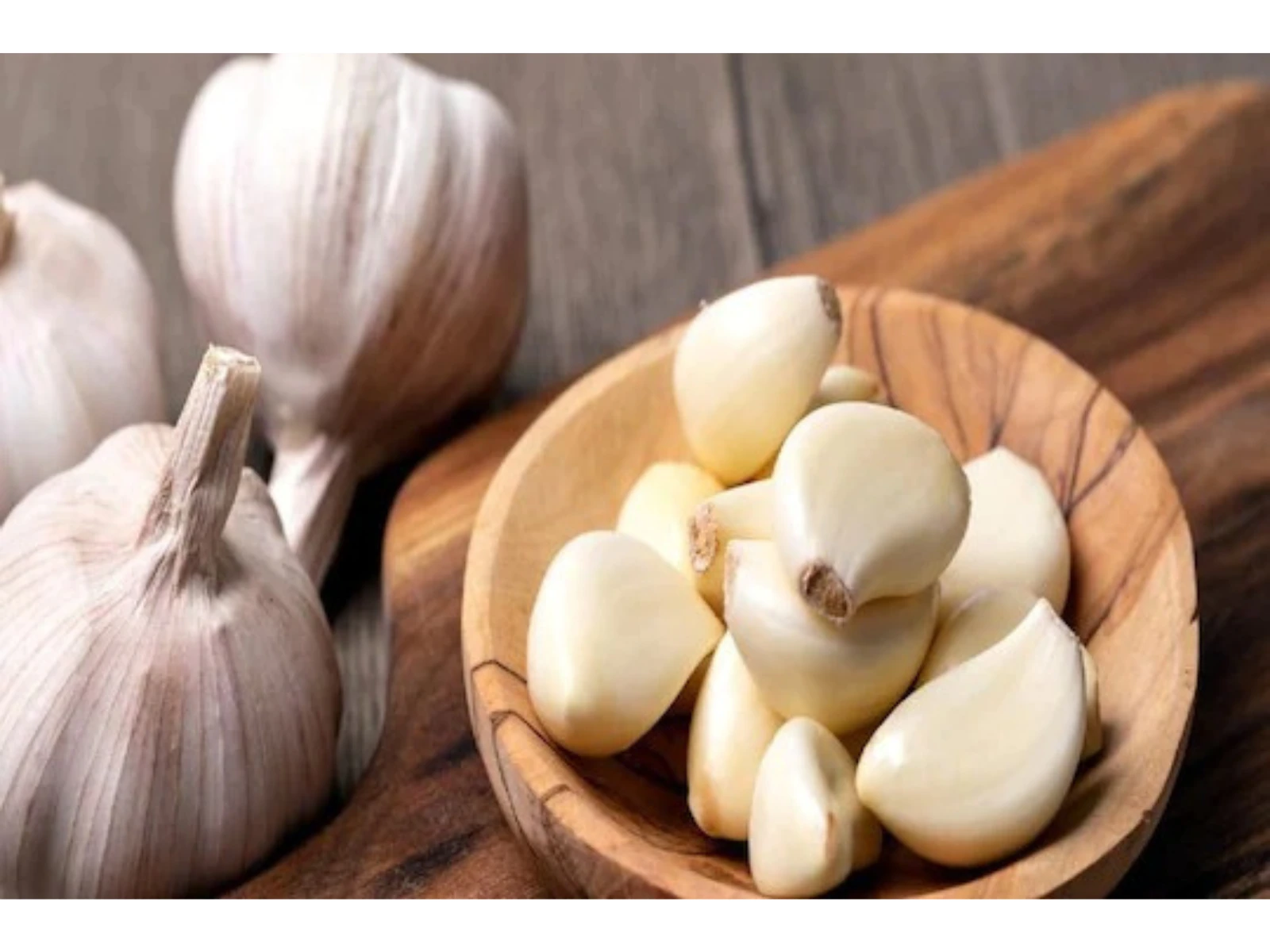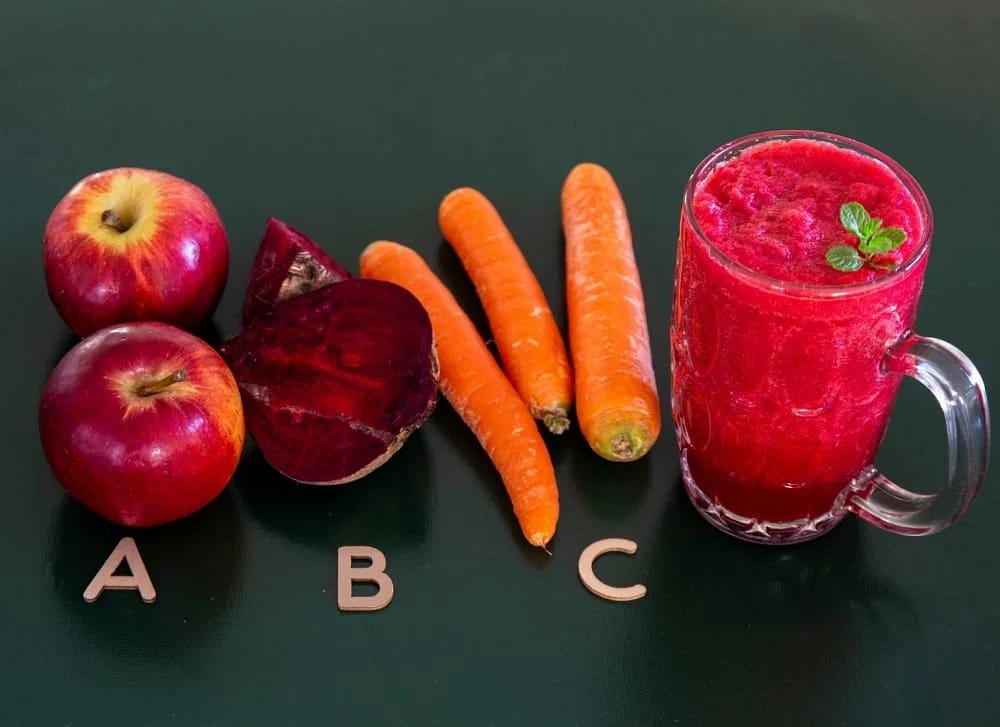Garlic is a common household vegetable. It is called Allium sativum and is part of the Allium, or onion, family. It is frequently used to add to the flavour of various foods.
It is sought after because of its intense flavour and peculiar taste, but it also has a number of possible health advantages. Because of this, it is prescribed as a supplement.
If you've heard about the therapeutic benefits of garlic, you may wonder if it is safe for pregnant mamas.
Benefits of Garlic
It helps to clear up skin.
It boosts immunity.
It is used in preserving your food.
Works as an anti-inflammatory in the body.
Improves heart health.
Is it safe for a pregnant woman?
While garlic is generally considered safe during pregnancy, especially in the first trimester, it is said to have anti-inflammatory and antioxidant characteristics. Garlic is an excellent complement to a healthy pregnancy diet when used in moderation.
Though eating as much could cause heartburn, which is already typical throughout pregnancy.
Now, the main question is how much garlic you should consume?
Pregnant women should use caution while eating garlic throughout the second and third trimesters of their pregnancies, as too much garlic at these times might reduce blood pressure and thin blood.
However, consuming garlic during pregnancy will lead to some of these benefits:
It may help prevent preeclampsia.
Preeclampsia is a pregnancy condition that can develop after 20 weeks of pregnancy. High blood pressure is one of its symptoms.
Because pre-eclampsia is associated with high blood pressure, garlic may play a part in lowering the chance of developing pre-eclampsia to further prevent decreased growth of the fetus and premature delivery.
It may reduce the danger of Infection.
Your body can suffer physical side effects during pregnancy, weakening your immune system and raising your risk of infection.
According to several research, taking more garlic supplements may help to boost your immune system.
Increases blood flow.
A special characteristic of garlic has been shown to be an efficient blood flow stimulator. It has potassium, which decreases cholesterol and blood pressure. Your blood circulation needs to be at its best because a large portion of the nutrients needed for your unborn child come from you to maintain a healthy pregnancy.
What are the possible side effects of consuming garlic in pregnancy?
When consuming garlic while pregnant, there are a few negative effects to be aware of.
May Raise the Chance of Bleeding.
While most individuals may safely consume garlic in the proportions commonly present in food, taking large doses of it, which is a component of garlic supplements, may raise the risk of bleeding.
Both pregnant and non-pregnant people are susceptible to this side effect. If you use blood-thinning medicines or are considering surgery, it's crucial to remember this.
As a result, garlic supplements may raise the possibility of bleeding during delivery, particularly if a cesarean delivery is required.
For this reason, as with any supplement, it's crucial to speak with a medical practitioner before including garlic pills in your routine.
Possibly Causing Heartburn.
Some patients, notably those with Gastroesophageal Reflux Disease (GERD) and Irritable Bowel Syndrome (IBS), have reported heartburn and indigestion after eating garlic. A growing fetus's physical pressure and hormonal changes during pregnancy may raise the risk of heartburn.
It's likely that eating garlic or taking garlic supplements will cause heartburn in some pregnant women or make their symptoms worse.
Therefore, if you feel heartburn after eating a food that contains a lot of garlic, you may find relief by reducing your intake.
In conclusion, pregnant women are regarded as safe to eat garlic. The amount consumed may be the root of its negative impacts. You should speak with your doctor if you are concerned about consuming garlic while pregnant. They can decide if this supplement is suitable and safe for you.










Comments